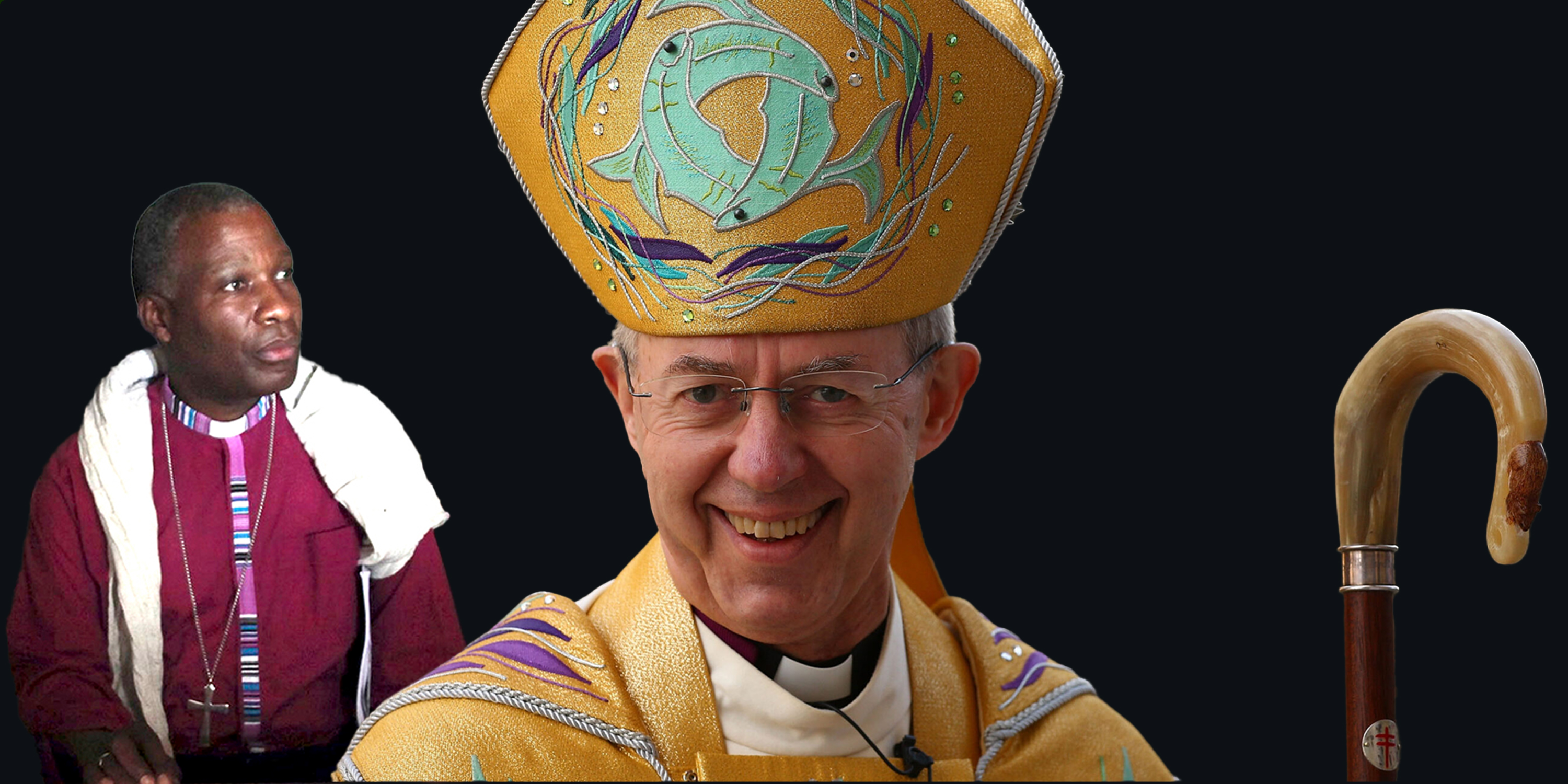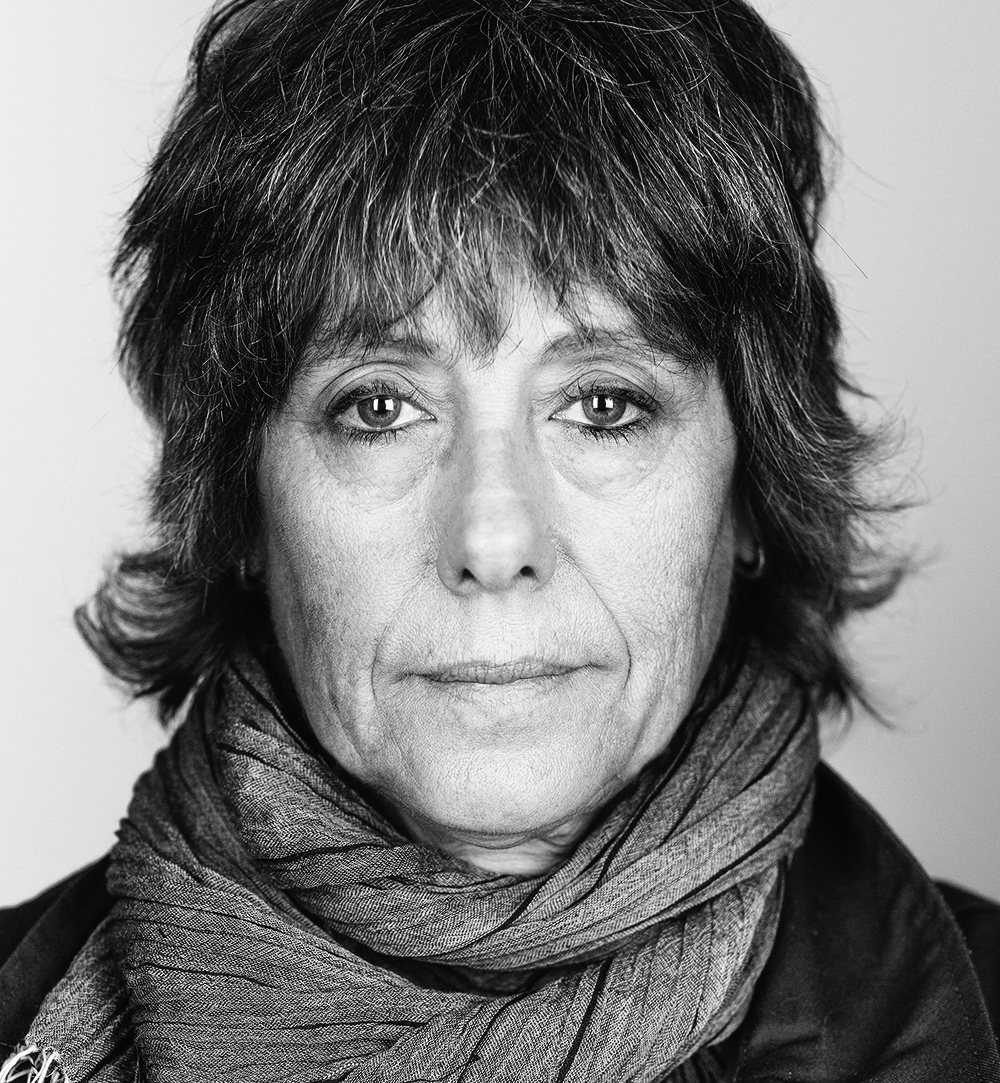The sensational resignation of the Church of England’s 105th Archbishop of Canterbury, Justin Welby, this week over reports of widespread and prolonged physical abuse has prompted a backlash in South Africa.
This week, the Archbishop of Cape Town, Thabo Makgoba, responding to Welby’s resignation after the coverup was exposed, issued a statement that his was “a courageous decision to accept accountability”.
However, Makgoba has raised the ire of Reverend Zweledinga Mpunzi of Kwa Jongintaba in Stutterheim, who lambasted the statement, commenting: “Every sentence you uttered left me with a sinking feeling.”
Mpunzi said he realised that Makgoba “had no intention to reach out to any possible victim of [serial abuser John] Smyth while he was on our shores. When you finished your statement I realised, as anyone else would, that you had not offered the church as a sanctuary for any of the possible victims, your mention of the Safe and Inclusive Commission being a mere passing point.”
He added that Makgoba’s statement “left me with the impression that you had put a lid on the matter without even looking into it”.
Keith Makin’s independent review into the handling of the case of Smyth, a lawyer who was responsible for organising summer camps during the 1970s and 1980s, concluded he was “arguably the most prolific serial abusers to be associated with the Church of England”.
At least 100 boys and young men were physically abused in the UK, Zimbabwe and South Africa, where Smythe settled after being refused entry to Zimbabwe and where he worshipped at an Anglican church, St Martins in Cape Town. He died in 2018.
The review documented how authorities in Africa had not been alerted in 2013 when the diocesan safeguarding adviser in Ely and other church officers –including the then Bishop of Ely, the Right Reverend Stephen Conway, and the Archbishop of Canterbury – were officially informed about Smyth’s abuse.
The review concluded that Smythe perpetrated this abuse “likely up until his death in August 2018”.
It concluded: “Many of the victims who took the brave decision to speak to us about what they experienced have carried this abuse silently for more than 40 years.
“Despite the efforts of some individuals to bring the abuse to the attention of authorities, the responses by the Church of England and others were wholly ineffective and amounted to a coverup”.
Makin “sincerely” thanked the victims for their “courage, grace and dignity”.
Open the can of worms
In his letter to Makgoba, Mpunzi noted that if he were to offer any advice “I would say; open that can of worms for what it could be. If it will, let it spew the horrendous contents it may contain.”
He added that even if there had been no reports, the possible victims should be allowed to find space within the church “to open up their souls”.
“Believe me when I say, it will be better than it bursting open of its own accord. Let the church not be seen as unfeeling, let it not look as tone deaf as what has seemed in the C of E [Church of England] with such drastic results as we have recently seen”.
An opportunity had been lost to encourage any victim, of Smyth or any other person to come forth,
He added that it should be noted that besides not reaching out to other potential victims, or seeming to put the matter to rest, “the statement has the possible impact of shutting down any other victim abuse by any other perpetrator”.
“An opportunity had been lost to encourage any victim, of Smyth or any other person to come forth,” he said.
“Day in and day out we hear of horrendous stories of corruption and power abuse, and it seems the church is willing to let its leaders get away with murder, so to say. There are no consequences. Right now an ugly situation is unfolding in Gauteng and covered by the papers. The church seems not to be doing anything.”
Daily Maverick asked for a response from Makgoba to Mpunzi’s letter.
Responding on behalf of Makgoba, John Allen of the Anglican Church media office said: "As far as we know at present, John Smyth's victims are in the UK and Zimbabwe. In the statement referred to by Father Mpunzi, Archbishop Makgoba condemned 'the scandalous abuse of innocent people, often at the most vulnerable times of their lives...' and lauded the Archbishop of Canterbury's compassion for victims. In the Anglican Church of Southern Africa, the task of reaching out to victims is given to our Safe and Inclusive Church Commission, established deliberately outside the hierarchy, to encourage victims to come forward and receive a sympathetic hearing. While the Anglican church in Cape Town which Smyth attended - for a year or two before 2005, and in the months before he died in 2018 - knows of no cases of abuse, Archbishop Makgoba is urgently investigating whether vigorous enough action was taken in the diocese upon receiving a letter from the Bishop of Ely in England about the abuse he committed before he came to South Africa."
The Makin review noted that while the failure to prevent abuse began in the 1980s, there was “no evidence that any proactive attempts were made to alert authorities in Zimbabwe” by Church of England clergy, including the Reverend David Fletcher, who had had sight of the earlier 1982 Ruston Report into Smyth’s abuse.
During this period, a survivor was urgently seeking assurance that efforts were being made to prevent further abuse in South Africa but was told that no further action could be taken.
According to the Makin review, in August 2013 Bishop Conway (now Bishop of Lincoln), wrote to the then Bishop of Table Bay, the Right Reverend Garth Counsell – a suffragan bishop in the diocese of Cape Town, where Smyth was residing – alerting him to Smyth’s abuses.
Conway had received a letter of acknowledgement, stating that the bishop was in conversation with the rector of the parish that John Smyth belonged to, and that he would consult with the Archbishop of Cape Town, Thabo Makgoba.
The letter noted that Conway would be “kept informed”, but the diocese of Ely has said that no further correspondence was received.
Conway said he “[did] not think that much action would be taken and told the review that he did “all within my authority as a Bishop of the Church of England… I had no power to pursue that authority.”
Records show that the letter to Counsell was discussed by the National Safeguarding Team in 2017, who agreed that the Anglican Church of South Africa should be “handed further information” through the Anglican Communion Office.
The review says it was “unclear if any follow-up with South African counterparts took place because of the Core Group discussions”.
Scathingly the Makin review adds that there was a “failure, by senior church leaders, to ensure John Smyth was not able to further abuse victims”.
The Archbishop of Canterbury “could and should have reinforced the message to the Church in Cape Town via his friendship with Thabo Makgoba”, reads the report.
The Makin review states that Smyth attended His People Church in Glenwood, Durban, in 2002, and then Church on Main from 2004 until his removal in 2016.
On Wednesday, Makgoba’s office told media that the archbishop had requested “as a matter of urgency” a “detailed timeline of events”. DM





